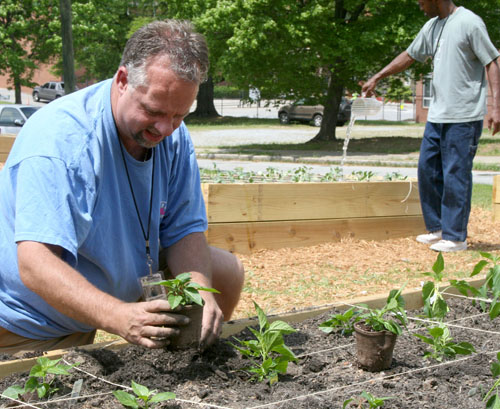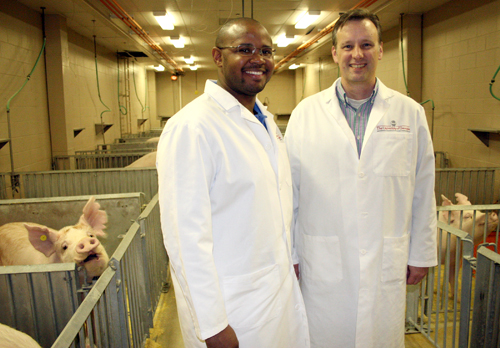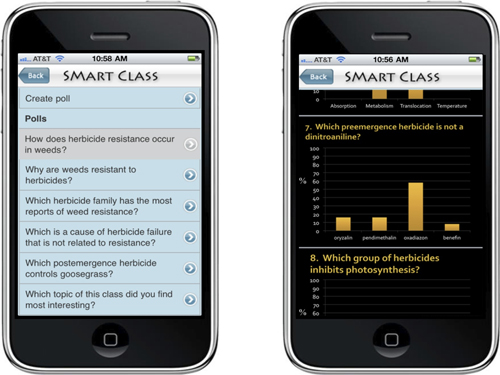 CAES News
CAES News
Turfgrass Technology
Patrick McCullough worked with fellow University of Georgia turfgrass scientists to build the first turfgrass application for smart phones. Now, he is harnessing the power of technology to teach his students.

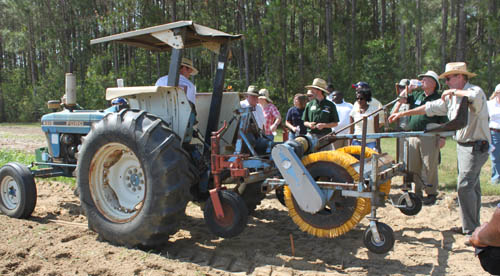
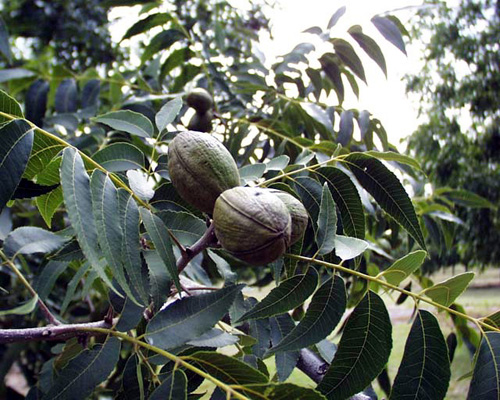
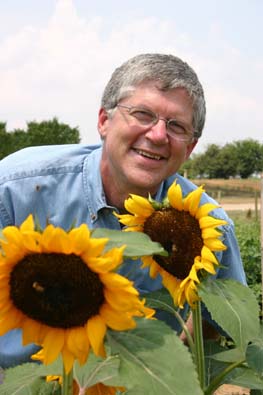

.jpg)
